About the Region
Commercial viticulture began in the 1960s. Growers, boutique producers, and terroir hunting big producers were drawn to Wrattonbully’s unique terroir. Today there are around 2,700 hectares of vineyards. The continued mixed land use has ensured a healthier biodiversity, reducing pests and disease risks associated with the monoculture of continuous vineyards in other regions.
So, let’s give you a quick introduction to our place
The vineyard was established in 1994. Having clocked up her first decade in viticulture, Claire saw a Wrattonbully site for sale that she already knew was exceptional. Claire had studied this vineyard, was attuned to its topography, production patterns, rhythms of nature, and optimum growing conditions. She knew it was land that could produce wines of global interest.
This was a professional project not a vanity project. We successfully produce, on average, 600 tonnes of premium fruit each year for other wine labels – our own label uses the best 5-10 percent of our fruit.




We coupled site selection with astute establishment practices with a focus on sustainability to produce premium grapes and age-worthy wines from Cabernet Sauvignon, Shiraz, Pinot Gris and Chardonnay. As shown by our strong results in wine shows, national and international attention, and positive consumer reviews.
We strive as a family to make sure our farming practices are best practice along with strong business practices. It thrills us that our customer base is global as sommeliers, retailers, and consumers come to appreciate Wrattonbully.
Our kids grew up visiting the nearby World Heritage Listed Limestone Naracoorte Caves and fossils found in the area, legacies from a time, millions of years ago when the whole area was submerged under the sea. Our vineyard sits on top of similar ancient limestone ridges and collapsed ancient caves – estimated 35 million-years-old.
Geology and Climate
Geology is something we vaguely remember from school, but we walk our land with heartfelt appreciation of the geological forces over the past 145 million years that created our awesome terra rossa soils.
I know wine producers rarely stop banging on about dirt. But the soil is very much the heart of the matter, and our soils are exceptionally well structured, free-draining and supplying essential nutrients that lend our wines structure and balance.
We are also blessed with access to extremely valuable, high quality underground natural aquifers.
A phenomenon known as the Bonney Upwelling is a natural tidal phenomenon, where very cold waters rise to the surface for a few months each year, bringing nutrient-rich sea life. This temperature difference coincides with the ripening period for grapes in Wrattonbully, January through April.
Climate is another great conversation starter in Wrattonbully. (For our overseas friends, a quick reminder that the calendar is reversed – while your grapes in Bordeaux or Napa are dormant, our budburst, flowering, veraison and harvesting seasons are in full swing.) The facts are we receive, on average, around 200 mm rainfall, enjoy a moderate to cool climate, with a long growing season. The grapes benefit from Wrattonbully’s extreme diurnal change (the difference between the day and night temperature), greatly enhancing flavour development and gifting a distinctive varietal characteristic to our wines. Oh, and we are fortunate to not have fire hazards. Our region has not experienced the fires that have plagued other regions in Australia, the Napa and even Europe.
Our climate offers our varieties a very happy home indeed.
So now you have a little insight into the factors that drive the character and style of our wines, why not try our:
- Our Chardonnay and learn its unique identifiable flavour profile.
- Our Cab Sav with its chiselled and articulate tannins that fold into ripe and balanced fruit.
- Our Shiraz where the perfect combination of the soils, topography and climate of Wrattonbully is evident in the distinctive tannin structure and elegance of the wines.
Where are we?
We are in southern Wrattonbully, in South Australia, midway on the inland route between Melbourne and Adelaide, on elevated tablelands, somewhat off the beaten track where we can focus on the business of growing premium wine grapes without distraction.

Our Vineyards
The heart and foundation of everything we do, we pride ourselves on our vineyards. Take a look around our vineyards that we have established with a focus on sustainability and premium results.


